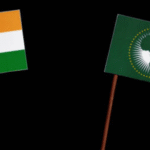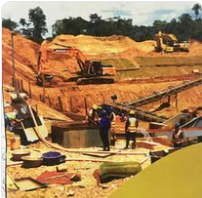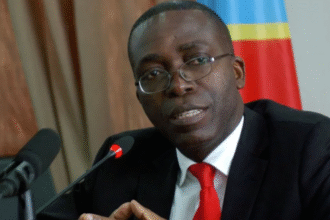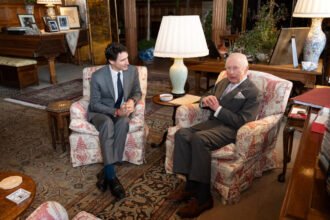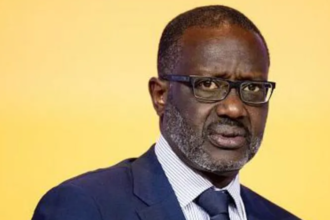By Isaac Okoro
YAOUNDÉ, CAMEROON – As Cameroon’s 92-year-old President Paul Biya officially confirmed his bid for an unprecedented eighth term in office, renewed scrutiny has fallen on the African Union’s perceived failure to address prolonged leadership and undemocratic practices across the continent. Biya’s four-decade rule is now challenged by an unusual digital outreach strategy that critics say is fundamentally missing the mark with the nation’s predominantly young population.
The African Union’s consistent struggle to confront entrenched dictators and leaders who remain in power for decades is increasingly seen as a major impediment to stability. Critics contend that the regional bloc’s silence on situations like Biya’s lengthy tenure undermines its credibility, only for it to “cry foul” when military interventions or unconstitutional power grabs occur.
Even before his official announcement, President Biya had been ramping up his online presence for several months, with daily posts across Facebook and X (formerly Twitter). This marks a striking departure from his previous, occasional digital footprint, an apparent attempt to connect with younger voters ahead of October’s election.
However, experts suggest this digital charm offensive is largely falling flat. Rostant Tane, director of Media Intelligence Sarl and author of the Cameroon 2024 Multimedia Audience Study, highlights a critical disconnect. “Cameroon has over 5.4 million social media users, but 95% of young people rely on WhatsApp – a platform where presidential communication is nearly non-existent,” Tane explains. He adds that there’s “no regional segmentation, no interactivity, and very little effort to speak the digital language of young people.”
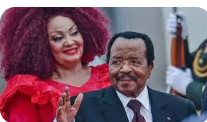
Another significant hurdle for Biya’s campaign is authenticity. “Many know that it is not Paul Biya himself who is writing – which creates distance and limits trust,” observes Hervé Tiwa, a lecturer in communication sciences. Tiwa notes that the communication strategy remains “very top-down without any real interaction – comments ignored or deleted, a lack of personalized responses… This gives the impression of a strategy that is more cosmetic than participatory.”
This communication breakdown is particularly problematic given Cameroon’s demographic reality. Over 60% of the population is under 25, with more than half the electorate being under the age of 30. This demographic bulge means young people hold significant power to influence the election’s outcome.
Young Cameroonians are vocal about their expectations. Ulrich Donfack, a 27-year-old communications specialist, insists, “Political communication must serve democracy and transparency, and not just be used as a marketing tool.” Falone Ngu, also 27 and a social enterprise founder, echoes this sentiment, stating that youth “want opportunities, change and hope,” not merely “flashy graphics or slogans.” While acknowledging the president’s social media team for recognizing that “leadership and digitalization go hand in hand,” Ngu emphasizes the need for concrete action.
As the October election approaches, Biya’s challenge isn’t just to win votes, but to bridge a profound trust and communication gap with a generation hungry for genuine engagement and tangible results. Meanwhile, the spotlight remains on the African Union to reconcile its stated commitment to democracy with its apparent inability to challenge long-serving leaders who defy democratic norms.



